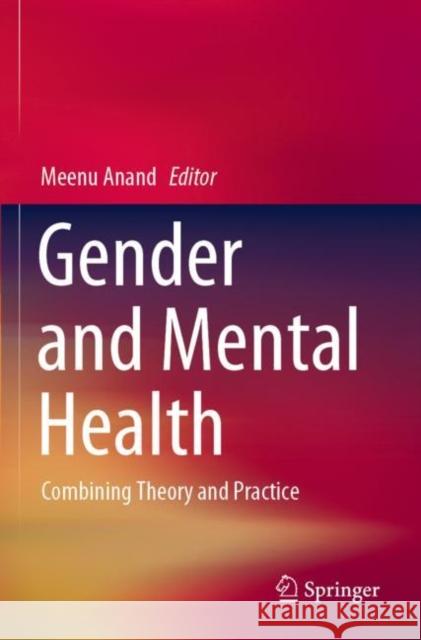Gender and Mental Health: Combining Theory and Practice » książka
topmenu
Gender and Mental Health: Combining Theory and Practice
ISBN-13: 9789811553950 / Angielski / Miękka / 2021 / 251 str.
Gender and Mental Health: Combining Theory and Practice
ISBN-13: 9789811553950 / Angielski / Miękka / 2021 / 251 str.
cena 401,58
(netto: 382,46 VAT: 5%)
Najniższa cena z 30 dni: 385,52
(netto: 382,46 VAT: 5%)
Najniższa cena z 30 dni: 385,52
Termin realizacji zamówienia:
ok. 22 dni roboczych.
ok. 22 dni roboczych.
Darmowa dostawa!
Kategorie:
Kategorie BISAC:
Wydawca:
Springer
Język:
Angielski
ISBN-13:
9789811553950
Rok wydania:
2021
Wydanie:
2020
Ilość stron:
251
Waga:
0.45 kg
Wymiary:
23.37 x 19.56 x 1.52
Oprawa:
Miękka
Wolumenów:
01











